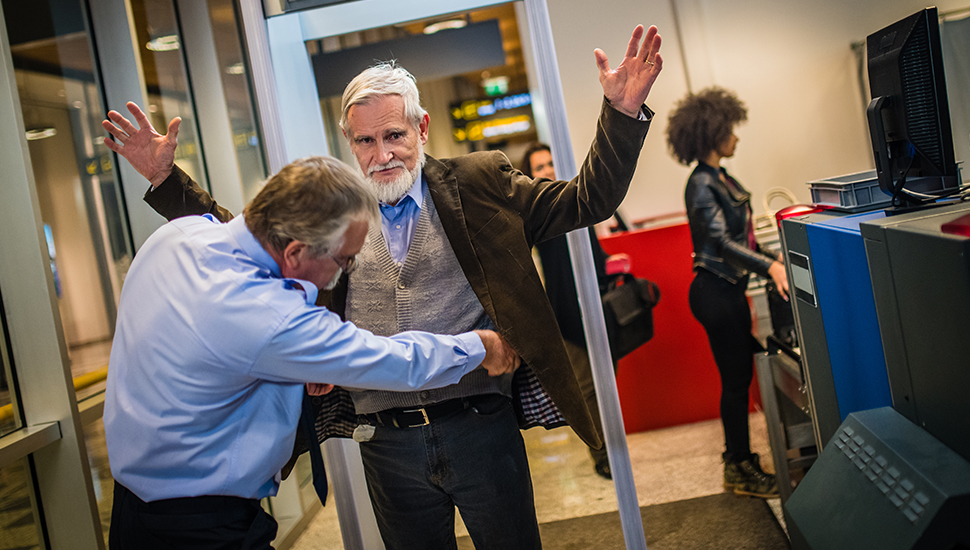Tips for flying with a medical condition
Having a medical condition doesn't mean you can't travel. However, it does mean you have to make preparations that other people don't. Travelling by air tends to be more of a challenge than other modes of transport, because cabin pressure and humidity levels - not to mention being immobile for long periods - can exacerbate some pre-existing conditions.
You should also be aware that airlines may not let you board if your condition is very serious; if it may impact fellow travellers or aircraft safety; or if it creates too much work for the ground staff/air crew.
In-flight medical situations often relate to vasovagal syncope (fainting) or neurological, cardiac, respiratory, or gastrointestinal events.
Medical situations caused directly by flying - such as deep vein thrombosis (DVT) and pulmonary embolism - are uncommon. Most medical events are related to underlying conditions which are exacerbated by air travel.
1. Check with your doctor first
If you're unsure whether you should fly or not, visit your doctor to get the all-clear. They will advise you of the risks and discuss any precautions you should take.
2. Take extra medication

Taking just enough medication for the duration of your trip is high risk. As the collapse of Thomas Cook demonstrated, it is entirely possible to get stranded in foreign climes. Ash clouds, strikes and even civil unrest can mean you fly home later than planned. All this boils down to one tip: pack enough extra medication to cover this kind of eventuality.
3. Wear your medical alert tag
People with certain conditions are supposed to carry a medical alert tag, bracelet or necklace - in case they have a medical event. This ensures those around them - and of course medical personnel - know about the person's condition and can make better medical decisions. Some people may even have a 'do not resuscitate' (DNR) tag - but these individuals are suffering from serious medical conditions and are less likely to travel.
4. Keep medical information on your person
It's sensible to carry details of your medical condition - this will make it easy to source (by yourself or a medical practitioner) while overseas. These should include the name and address of your doctor; travel insurance; EHIC details (if travelling to EEA or Switzerland); medication names and dosage; details of all medical conditions and any allergies.
5. Take out travel insurance with pre-existing medical coverage
Those with a pre-existing medical condition should ensure their travel insurance covers this risk. If you have a pre-existing condition but travel on regular travel insurance, your provider is very unlikely to pay out in the event of a medical event while overseas. Your chosen travel insurer will ask a series of in-depth questions about your medical history. It's important to answer these honestly and completely. Those with such conditions are more likely to make a medical claim - and therefore pay a higher premium than those without pre-existing conditions. However, it is possible that your insurer will not deem you as having a pre-existing condition.
6. Implanted devices: keep a doctor's letter with you

Some implanted devices - such as pacemakers - may be adversely affected by passing through security scanners, so it's critical you understand any risks. Take a doctor's letter with details about your device. Equally, those with artificial limbs or metal joints should also take along a doctors' letter when they travel - as such implants are likely to set of metal scanners, prompting the attention of security officials.
7. Do you need oxygen or oxygen concentrators?
Mishandled oxygen can have catastrophic results on planes - which is why airlines have strict rules governing its use. Contact your airline to find out their policy on carriage and use of oxygen equipment. Naturally, it's important to ensure there are oxygen supplies where you are travelling.
8. Does your destination have adequate medical care?
Do you need specialist medical practitioners/supplies while abroad? Ensure your destination has the medical services you need should you fall ill or need extra medicine.
Get a Quote